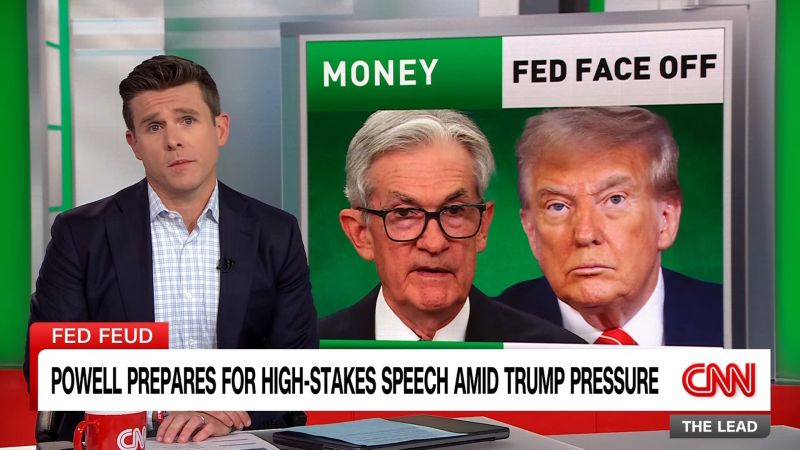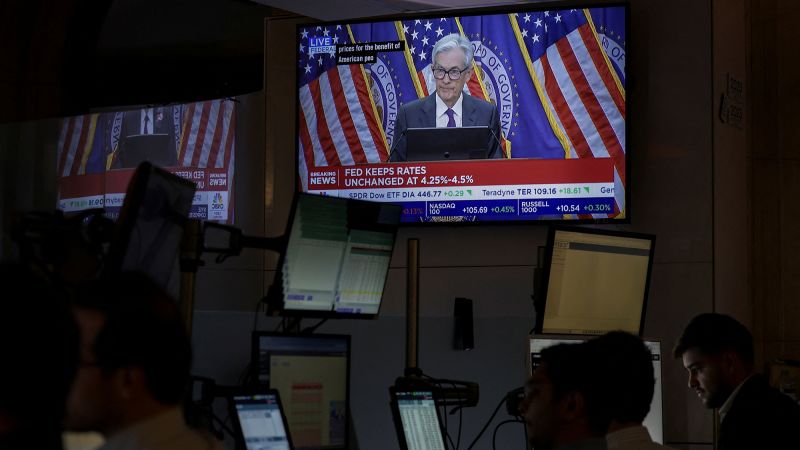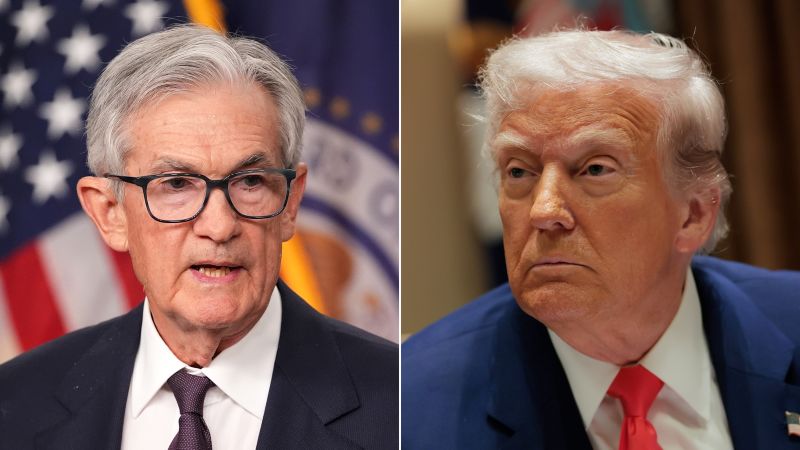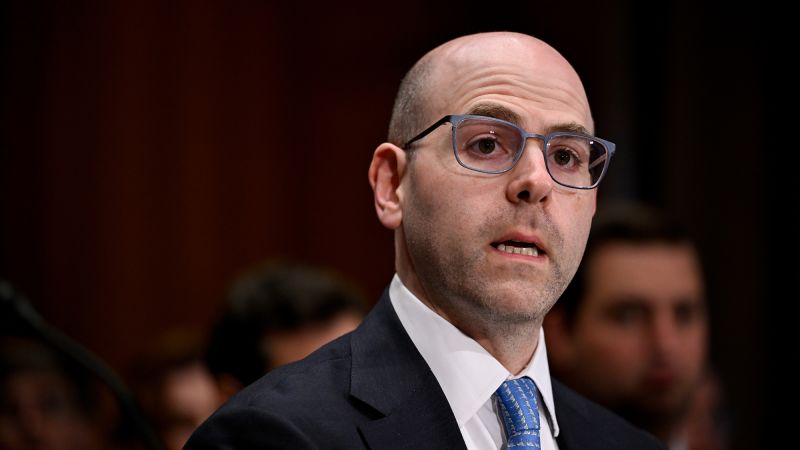
President Trump Criticizes Federal Reserve Over Interest Rates
Opinion | 8/21/2025
President Trump escalated his criticism of the Federal Reserve, accusing the central bank of hindering economic growth by keeping interest rates too high. In a series of tweets, he called on the Fed to slash rates to zero or even into negative territory. Trump’s remarks come amidst concerns over a potential recession and ongoing trade tensions with China, which have rattled global markets.
The President’s public pressure on the Fed is not unprecedented but has raised questions about the institution’s independence and the potential impact on its decision-making process. While the Fed has cut rates twice this year, it has emphasized a data-driven approach and signaled a cautious stance on further cuts. Economists warn that pushing rates to zero or negative territory could limit the Fed’s ability to respond to future economic downturns.
Critics argue that Trump’s attacks on the Fed undermine its credibility and could create uncertainty in financial markets. They point out that historically, presidents have refrained from commenting on the Fed’s policies to maintain its independence. However, supporters of Trump’s approach argue that the Fed’s decisions have real consequences for Americans and should be subject to public scrutiny.
The Federal Reserve, in response to Trump’s criticism, reaffirmed its commitment to its mandate of promoting maximum employment and stable prices. “The Federal Reserve’s policy decisions are based solely on its dual mandate and the best interest of the American people,” a Fed spokesperson stated. The ongoing tension between the White House and the central bank has sparked a debate over the appropriate boundaries between political influence and monetary policy.
As the Fed faces increasing pressure from the President, the path forward remains uncertain. While Trump’s vocal stance on interest rates reflects his concerns about the economy, the long-term implications of his attacks on the Fed’s independence and decision-making process are subjects of intense debate among economists, policymakers, and market analysts.


